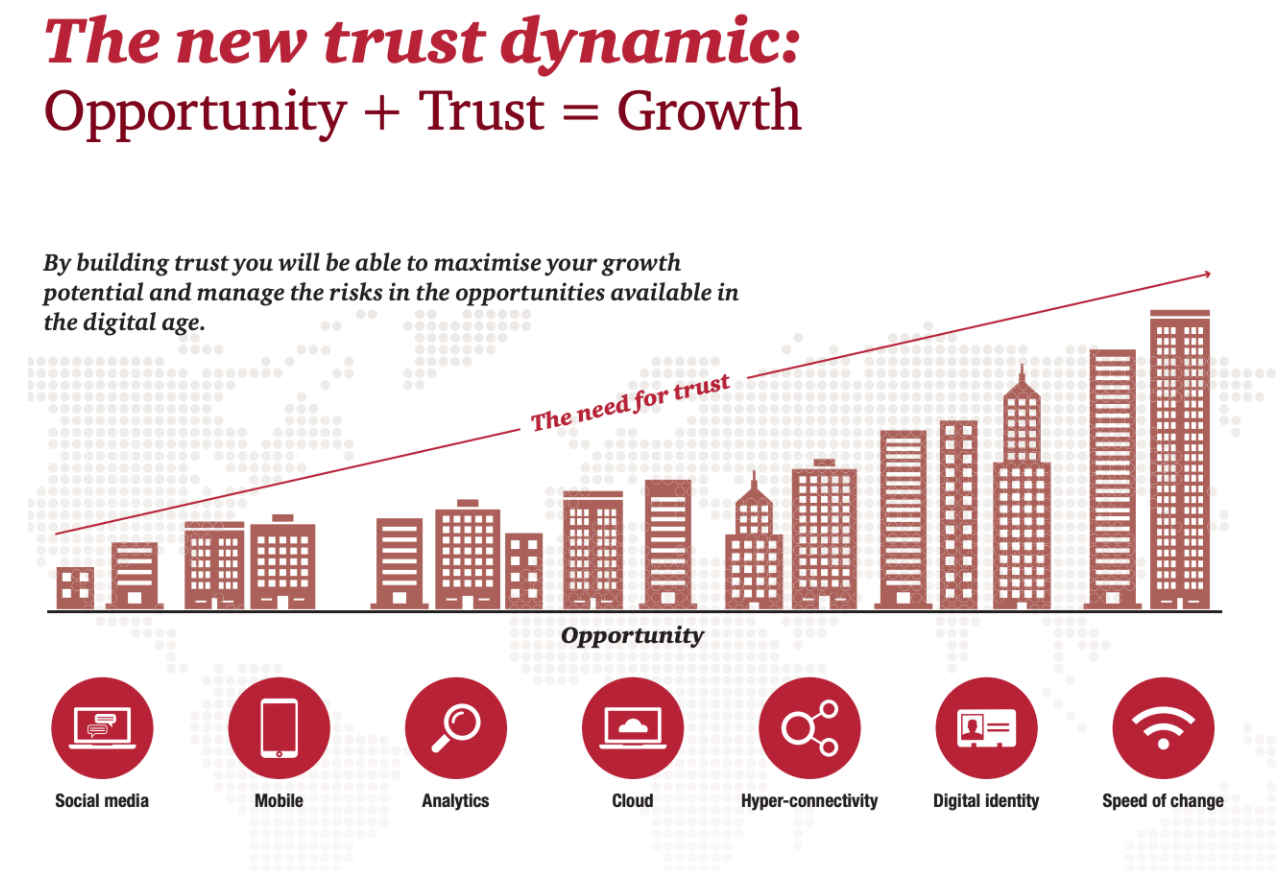2020 has seen us transition into an unprecedented era. We have been pushed into a predominantly remote work set-up, a model many organizations have had to quickly adapt to with limited preparation. This was further exacerbated by the number of changes that had to occur in a short span of time. Our traditional working methods have moved online. We’re coming to grips with a new reality where digital platforms are taking the front seat. Our new ‘normal’ might be here to stay for the long run, as stay-at-home orders are still being enforced worldwide and we see ourselves entering a second wave. We have to continue adapting.
Unfortunately, this has exposed organizations and companies to more breaches and vulnerabilities than ever before. Cyberattacks have risen fivefold since the beginning of COVID-19, according to a report released by the WHO. Furthermore, another report by the International Chamber of Commerce described how micro-, small-, and medium-sized enterprises were the hardest hit and most exploited. On average, attacks cost an average of $188,000 in damages. The digital landscape is moving, so we need to change with it.
What is digital trust and why do we need it?
According to CSO, digital trust is an overall level of confidence towards a digital platform to safeguard personal data and individuals’ privacy. The higher the digital trust from consumers, the higher the ability to foster and build customer loyalty. This financially benefits the business. This same concept applies to privacy and data protection, as you can read in the article titled “What are the benefits of being GDPR compliant?”.
During the pandemic, high-profile companies were targeted, diminishing digital trust of multiple platforms. Zoom is a video conferencing tool that gained immense popularity during the lockdown. As its use increased, so did the extent of cyberattacks. In April, an estimated 500,000 accounts were hacked and sensitive data was distributed throughout the dark web, according to a report in Forbes. Another application that saw major traction during the lockdown was Houseparty, a social networking service that allowed you to come and go between online group chats amongst friends. Unfortunately, due to negligence on the part of Epic Games, users saw sensitive credit card information and credentials phished. A report from Gizmodo went on to describe how subdomains that had been previously registered to Houseparty were now being used by groups to target vulnerable users.
Why do we want to promote better digital trust?
The Global State of Online Digital Trust Survey and Index 2018 indicates that when consumers have high trust in a business, they are more likely to spend longer on associated platforms and will purchase more. Furthermore, with increased security measures and security management in force, companies are complying with the GDPR as prescribed within its foundations.

(Image taken from PWC)
Building digital trust allows companies to continue growing in an environment that is extremely fast paced. PWC wrote a report on building digital trust and describes that the more trust that needs to be placed into the entity, the more opportunity for growth. This allows for potential further fostering of new services and building customer loyalty. WEForum highlights the importance of building digital trust. We need to consider the how to further propagate and develop systems to respond to our current crisis.
Furthermore, a report by Accenture highlights the four pillars of digital trust. First, security, where the organization protects sensitive data against unauthorized use. Second, we need privacy and data control over accessing personal information and what can be done with it. Third, to better understand the benefit of collecting data and how to reciprocate the value of the data shared. Finally, we need accountability. The last pillar is particularly important. Responsibility and swift action are a necessary consequence. This particularly is what went wrong with Zoom and Houseparty. Better accountability and risk management needs to occur to rebuild digital trust.
What’s Next?
We are in a complex, shifting dynamic where we need to focus on resilience, accountability, and security more than ever. Breaches and vulnerabilities on digital platforms are being exposed. We need to shift our mindset onto how to better respond and enhance our response to the unknown. Formulation of action plans in a digital era is a necessary step. Build digital trust.
If you are an expert, you can join the community with the link below:
Community: https://platform.knowco.net
Magazine: https://collabwith.co

